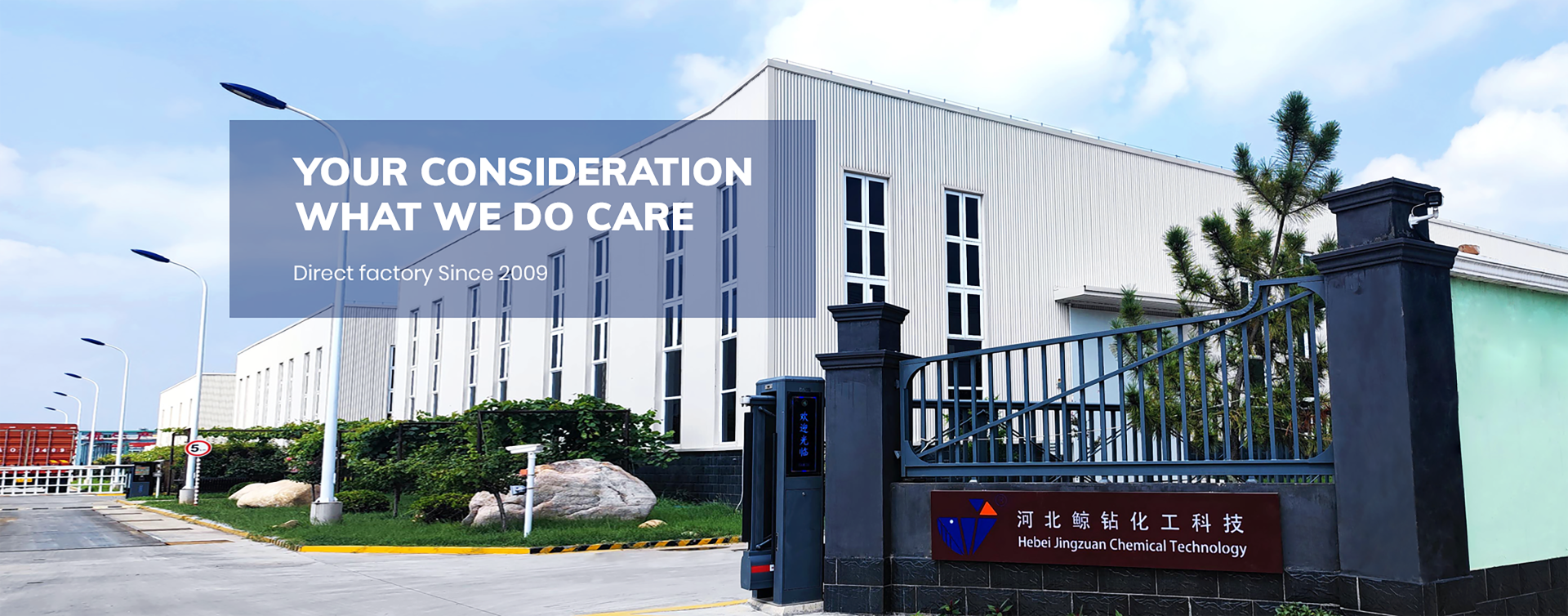
Oct . 05, 2024 16:45 Back to list
hydroxy ethyl cellulose uses
The Versatile Applications of Hydroxyethyl Cellulose
Hydroxyethyl cellulose (HEC) is a non-ionic, water-soluble polymer derived from cellulose, the most abundant organic polymer on Earth. Its unique properties make it an essential ingredient in a wide variety of industrial and consumer products. This article explores the diverse uses of hydroxyethyl cellulose and its significance in multiple sectors.
1. Construction Industry
One of the most prominent applications of hydroxyethyl cellulose is in the construction industry, particularly in cement-based materials. HEC serves as a thickening agent and stabilizer in products such as mortars, adhesives, and coatings. Its water-retaining properties enhance the workability of cement mixtures by providing better adhesion and flexibility. As a result, structures maintain their integrity for longer periods, and the quality of construction improves considerably.
2. Personal Care Products
The personal care industry has embraced hydroxyethyl cellulose for its thickening, emulsifying, and film-forming capabilities. It is commonly found in products such as shampoos, conditioners, lotions, and gels. By enhancing the viscosity and texture of these products, HEC helps in the uniform distribution and application of active ingredients. Additionally, it contributes to the stabilization of emulsions, preventing the separation of oil and water phases, which is crucial for maintaining product efficacy and appearance.
3. Pharmaceuticals
In the pharmaceutical sector, hydroxyethyl cellulose plays a crucial role as a binder, thickener, and film-forming agent. It is often employed in ointments, creams, and gels to ensure a smooth consistency and improve the stability of active ingredients. HEC is biocompatible and safe for use in drug formulations, making it an excellent choice for developing topical medications and controlled-release systems. Its water-retaining properties also aid in formulating hydrophilic drug delivery systems.
4. Food Industry
hydroxy ethyl cellulose uses

Although its use is limited compared to other sectors, hydroxyethyl cellulose is also employed in the food industry. It acts as a thickener, stabilizer, and fat replacer in various food products. HEC can improve the texture and mouthfeel of products such as sauces, dressings, and baked goods. Its ability to retain moisture is particularly valuable, contributing to increased shelf life and improved quality of perishable goods.
In the oil and gas industry, hydroxyethyl cellulose is used as a viscosity modifier in drilling fluids. By adjusting the rheological properties of drilling mud, HEC aids in the efficient transport of drilling cuttings to the surface. This is vital for maintaining the effectiveness of drilling operations and prolonging the lifespan of equipment. Its use in hydraulic fracturing fluids also enhances the efficiency of resource extraction processes.
6. Agriculture
The agricultural sector has recognized the advantages of hydroxyethyl cellulose as well. It is used as a thickening agent in pesticide formulations, improving the adhesion of active ingredients to plant surfaces. Moreover, HEC can enhance the performance of herbicides and fungicides by increasing their stability and effectiveness. Its ability to retain moisture can also aid in soil conditioning, promoting better water retention in arid environments.
7. Textile Industry
In the textile industry, hydroxyethyl cellulose is utilized as a print paste thickener, dyeing agent, and finishing chemical. Its capacity to provide a uniform application of dyes ensures vibrant colors and reduces waste. Additionally, HEC is used in the production of nonwoven fabrics, enhancing their texture and durability.
Conclusion
Hydroxyethyl cellulose is a multifunctional polymer with extensive applications across various industries, ranging from construction to personal care, pharmaceuticals, food, and beyond. Its unique properties, such as water solubility, viscosity modulation, and film-forming abilities, make it a vital component in many formulations. As industries continue to innovate and seek more sustainable solutions, the relevance of HEC is likely to increase. Its versatility not only enhances product performance but also contributes to the improvement of quality in countless applications, solidifying its place as an essential additive in modern manufacturing.
-
Versatile Hpmc Uses in Different Industries
NewsJun.19,2025
-
Redispersible Powder's Role in Enhancing Durability of Construction Products
NewsJun.19,2025
-
Hydroxyethyl Cellulose Applications Driving Green Industrial Processes
NewsJun.19,2025
-
Exploring Different Redispersible Polymer Powder
NewsJun.19,2025
-
Choosing the Right Mortar Bonding Agent
NewsJun.19,2025
-
Applications and Significance of China Hpmc in Modern Industries
NewsJun.19,2025







